The Paradox Principle
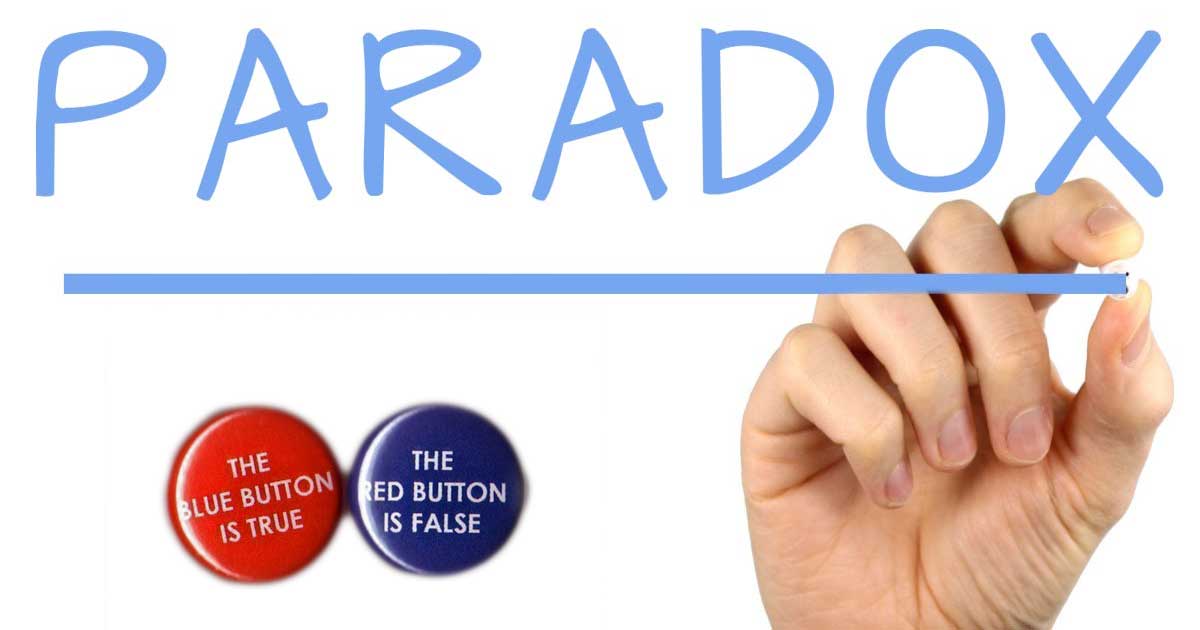
In practice, human action often has paradoxical or unintended effects. Sometimes effects or side effects even have the exact opposite effect as intended.
Philosophical theories are theories that are philosophical, rather than purely scientific by nature. Meanwhile, philosophical concepts can be loosely describes as ideas or “concepts” that are philosophical in nature.
Generally, a concept is a single idea, a theory is an explanation of how something works, and philosophy is simply the study of that which we can’t know for sure (see the branches of philosophy.).
So then, for our purposes, philosophical theories and concepts is simply a broad category that contains all non-scientific theories worth discussing.
TIP: For a great explainer on the basics of Philosophy see Tamar Gendler: An Introduction to the Philosophy of Politics and Economics by Big Think.
NOTE: Some scientific theories that spark metaphysical philosophical questions are categorized here (as well as under their respective scientific fields). Learn more about scientific theories.

In practice, human action often has paradoxical or unintended effects. Sometimes effects or side effects even have the exact opposite effect as intended.
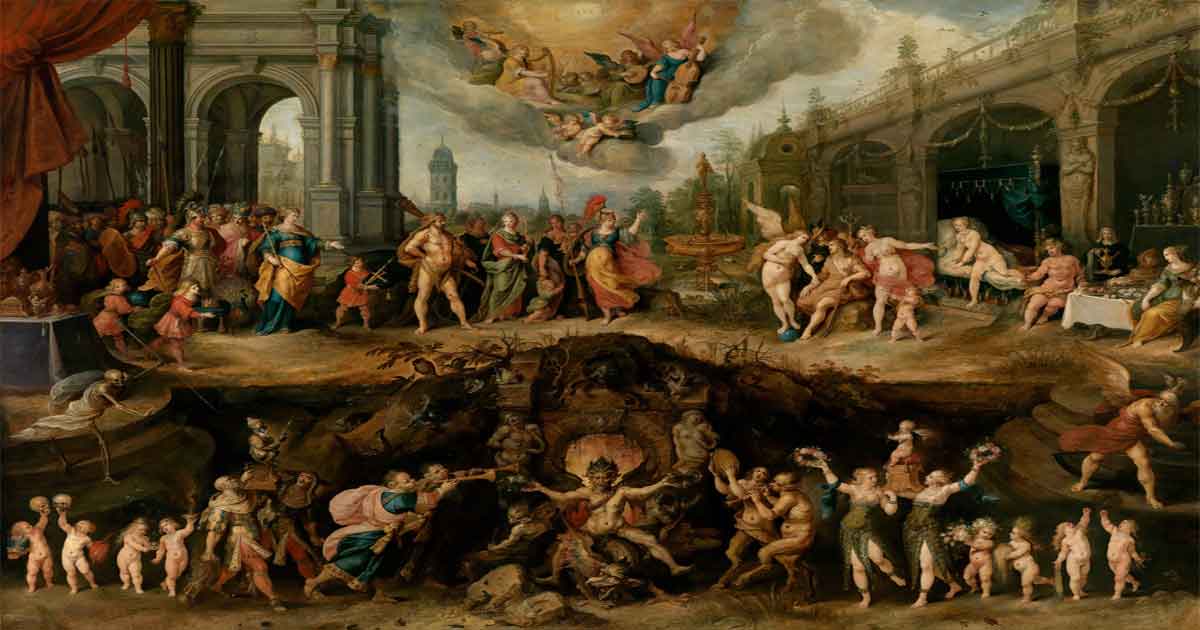
We present a list of vices and virtues and look at vices and virtues as understood by philosophers like Aristotle and Aquinas.
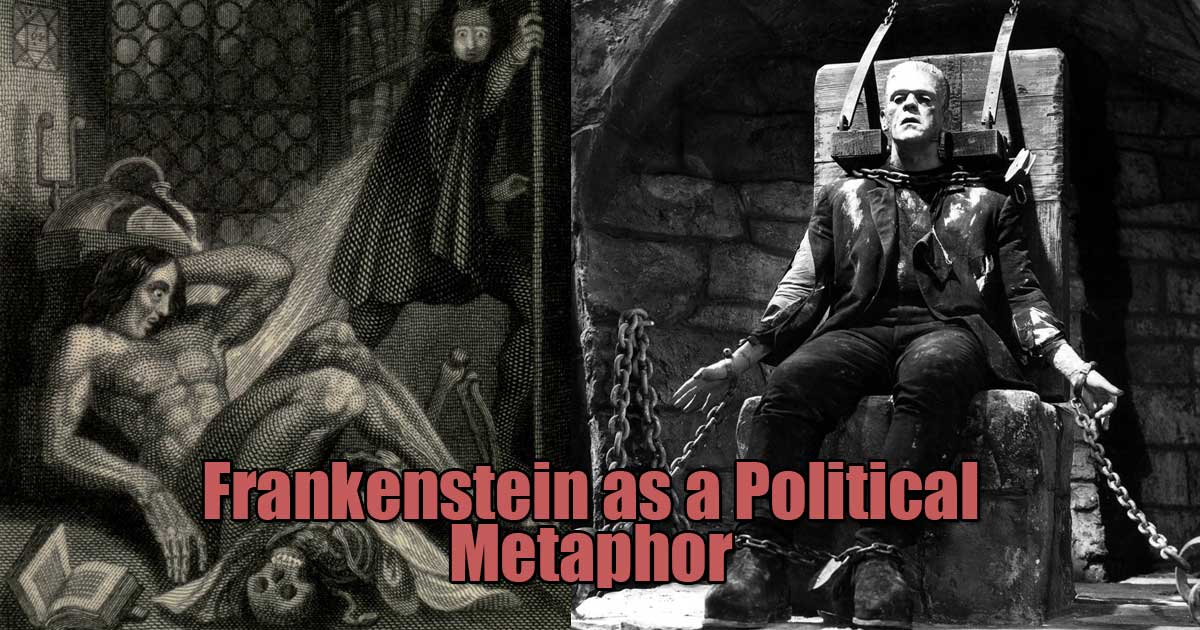
Mary Shelley’s Frankenstein (1818) can be read as a political metaphor where Dr. Frankenstein and his monster represent the philosophies and attitudes of the liberal revolutionaries, specifically those of the French Revolution and ensuing “Reign of Terror.”
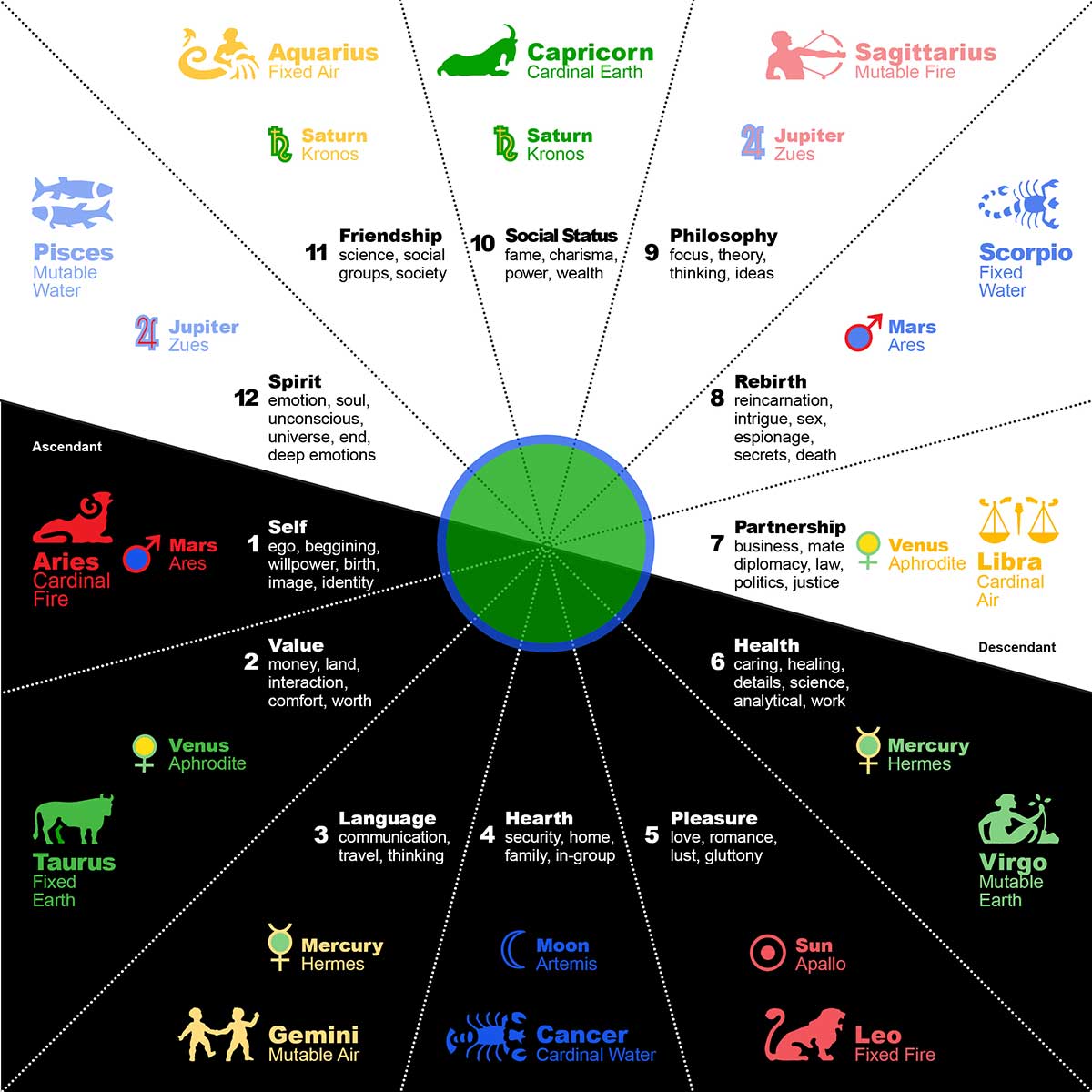
Western Classical Element Theory can be seen as a metaphor the human condition where fire is will and action, air is reason, water is the passions and spirit, and earth is the physical.

Jean-Jacques Rousseau’s concept of the General Will roughly means “that which is in the best interest of the people” or “the public good”, and not just popular consensus.
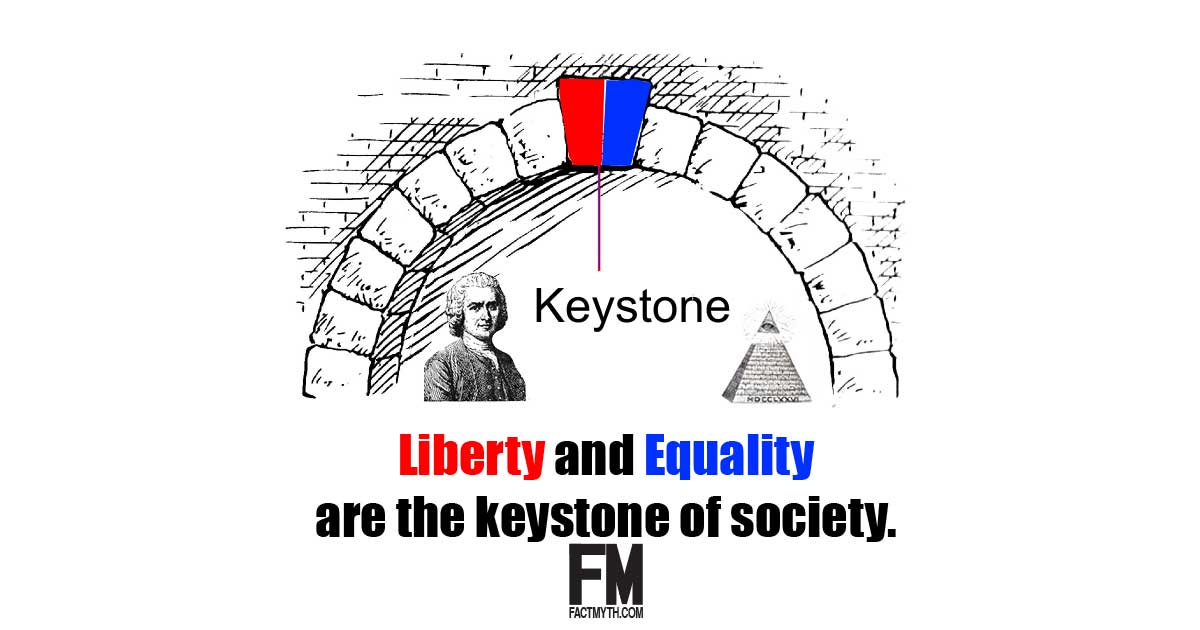
We present an essay on the purpose of the laws and government to better understand how liberty, rights, equality, and justice are inseparable in nature and in civil society.
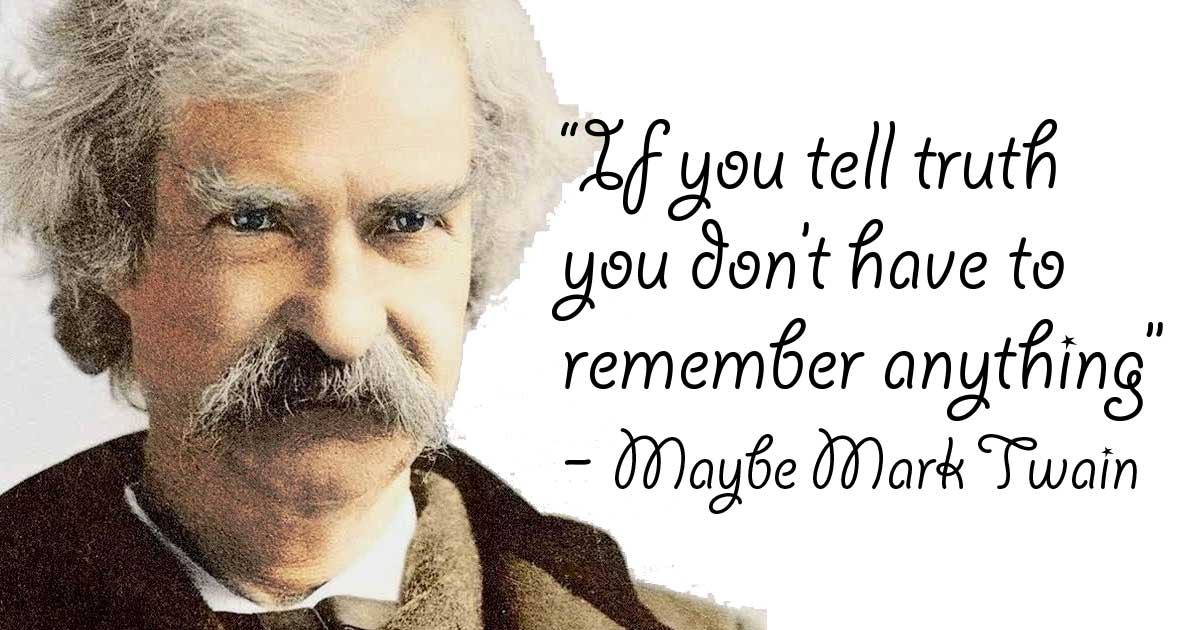
Mark Twain is said to have said, “If you tell the truth you don’t have to remember anything”, meaning if you tell a lie you have to remember what lie you told to who.
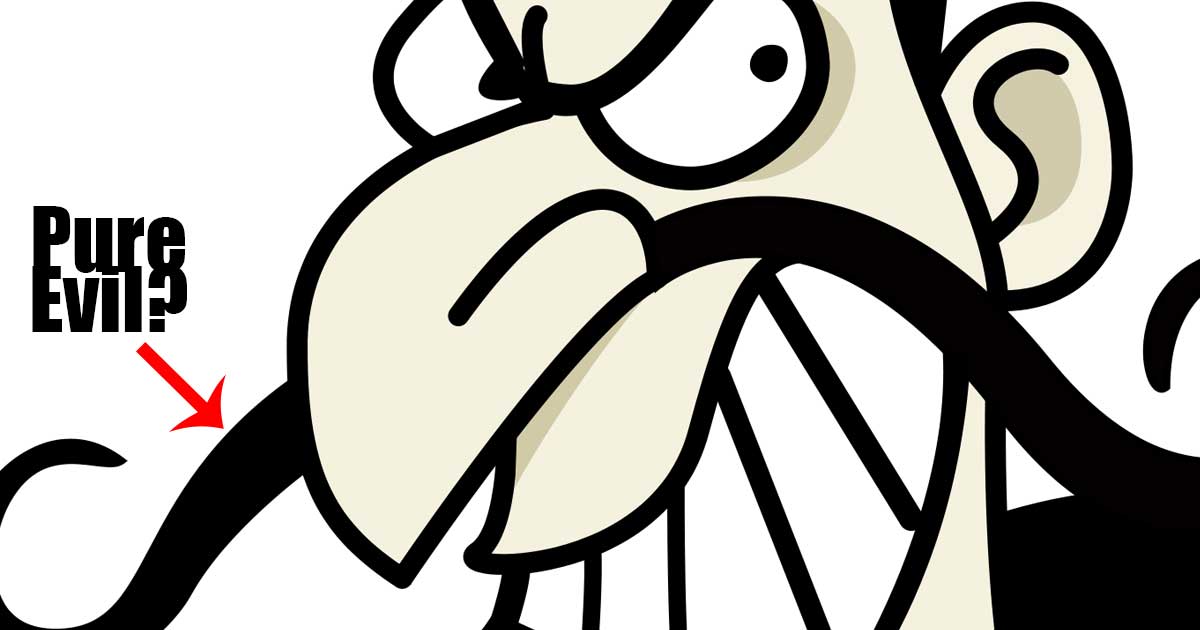
Villains tend to have mustaches, not because facial hair is evil, but because despots style themselves after other despots.
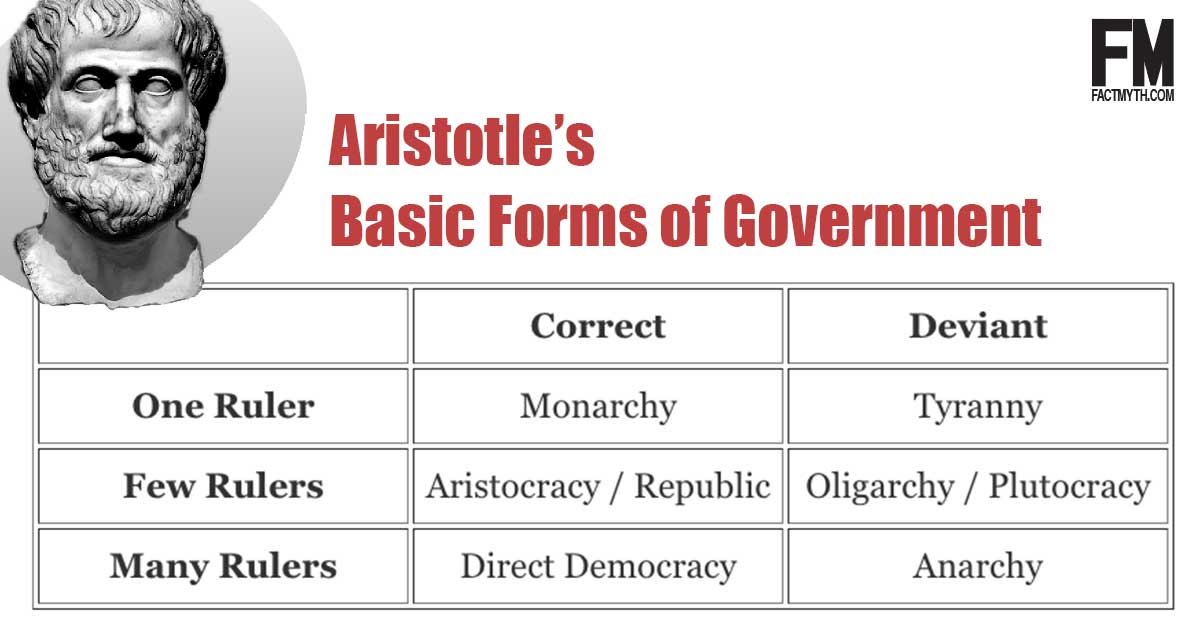
We explain and list the types of governments. We cover the basic classical forms of government, the many types of governments that can be derived from the classical forms, and the actual forms of governments in practice.
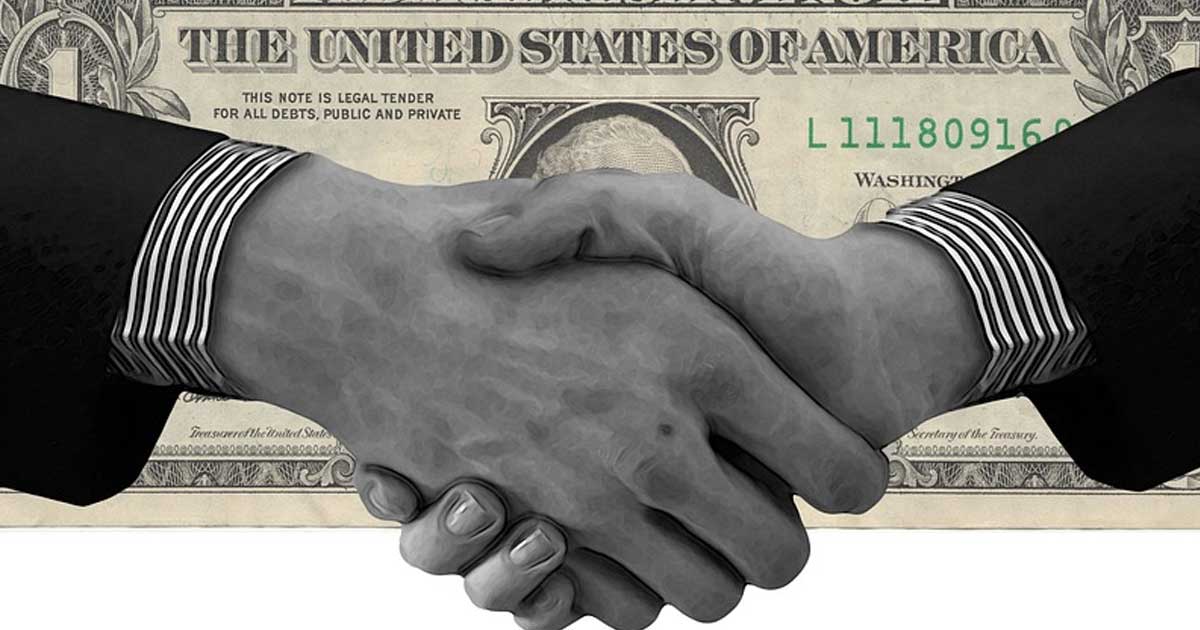
There are different types of capital, value, commodities, and markets including natural, human, social, manufactured, and financial.